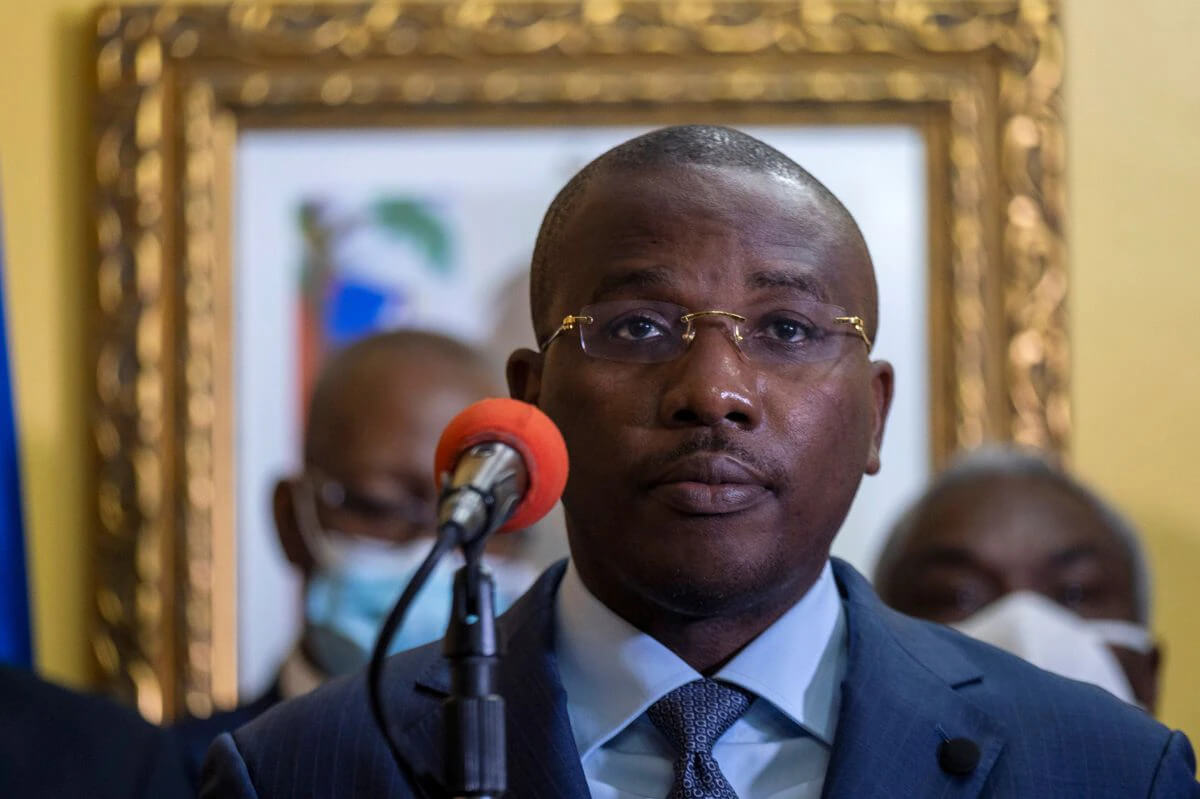Interim Haitian Prime Minister (PM) Claude Joseph has agreed to step down to allow PM-designate Ariel Henry to take over and form a new government following the assassination of President Jovenel Moïse on July 7. Joseph had earlier indicated that he saw no reason to resign, given that Henry was appointed by Moïse but had not been sworn in. However, following a meeting with Henry on Sunday, he agreed to step down “for the good of the nation.”
Joseph announced on Monday: “Everyone who knows me knows that I am not interested in this battle, or in any kind of power grab,” adding, “The president was a friend to me. I am just interested in seeing justice for him.”
Henry told citizens on Sunday: “I know some people are scared and have questions about who is leading the country. We weren’t ready for recent events, but I can assure you that in a very short period of time I will unveil a new coalition government. This government will lead the country for a short period of time until we can hold better elections.”
Elections Minister Mathias Pierre told CNN on Monday that elections are likely to take place 120 days after Henry is sworn in as the new PM.
At this stage, it is unclear whether Joseph’s decision was also prompted by international pressure. On Saturday, the ambassadors of Germany, Brazil, Canada, Spain, the United States (US), France, the European Union (EU), as well as representatives from the United Nations (UN) and the Organization of American States (OAS), put out a joint statement calling on Joseph to resign to allow Henry to form a “consensual and inclusive government.”
The Core Group, as they are known, released their statement just hours after Moïse’s wife, Martine, returned to the country. Monique Clesca, a Haitian writer, activist, and former UN official told Al Jazeera that while Henry is expected to carry on Moïse’s legacy, he will now undoubtedly have to contend with suggestions that he is only in power because of international pressure.
On July 7, Moïse, 53, was assassinated at his residence in Port-au-Prince. Moïse’s assassination came amid a prolonged period of political, economic, and social instability in Haiti, with political opposition arguing that the now-former president’s rule was illegitimate and citizens decrying rising levels of crime and poverty. Moïse was accused of corruption, political suppression, and authoritarianism.
At this stage, 20 men have been detained in association with Moïse’s assassination. Haitian authorities claim that the attack was carried out by 26 Colombians and two Haitian Americans.
Interim Haitian PM Joseph Steps Down to Allow PM-Designate Henry to Form Government
Elections Minister Mathias Pierre told CNN on Monday that elections are likely to take place 120 days after Henry is sworn in as the new PM.
July 20, 2021

IMAGE SOURCE: RICARDO ARDUENGO / REUTERSInterim Haitian PM Claude Joseph
